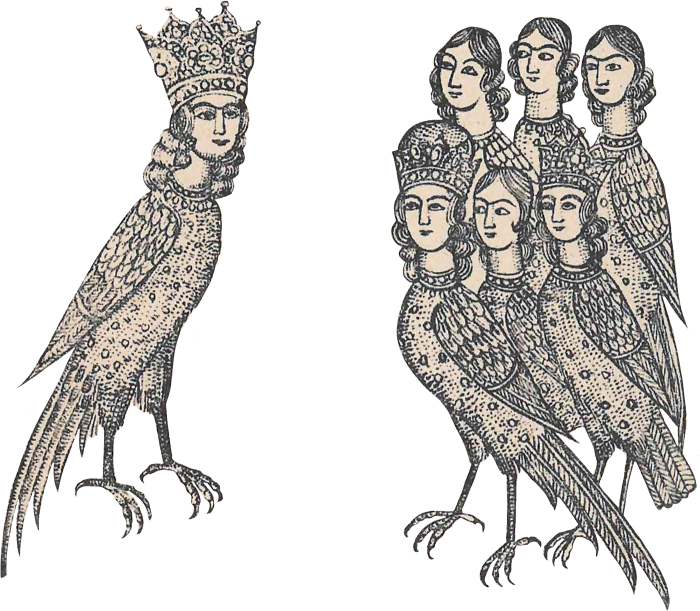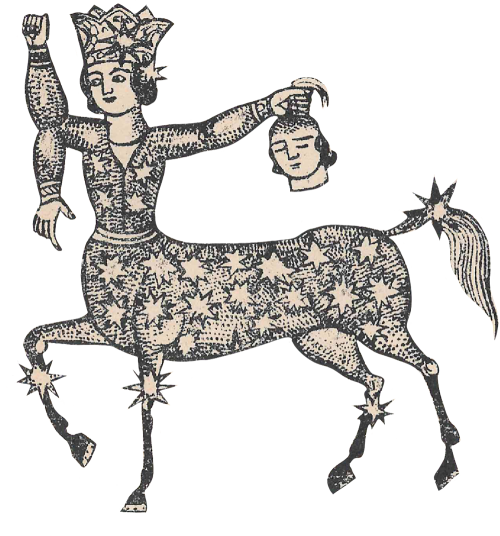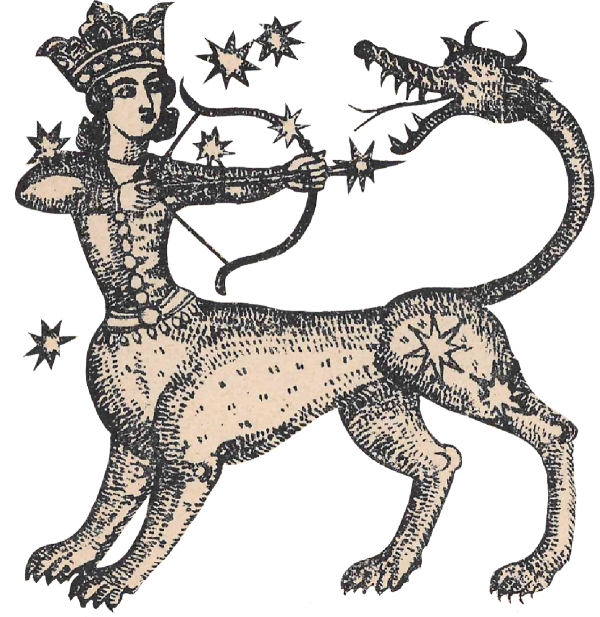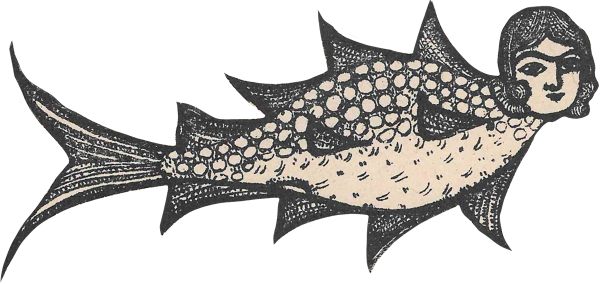Persian Poetry
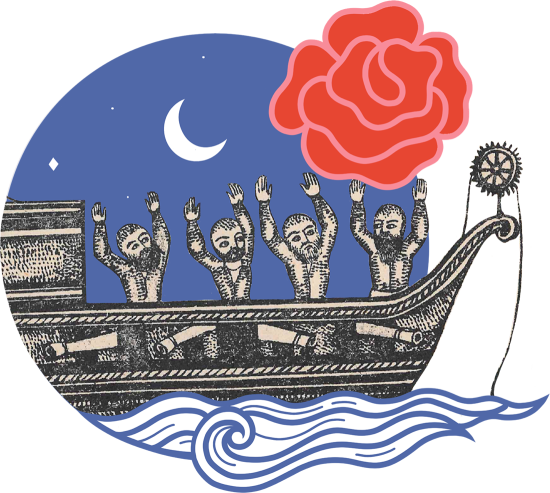
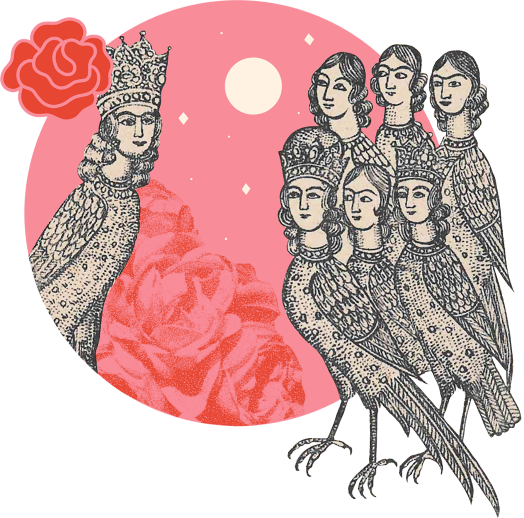
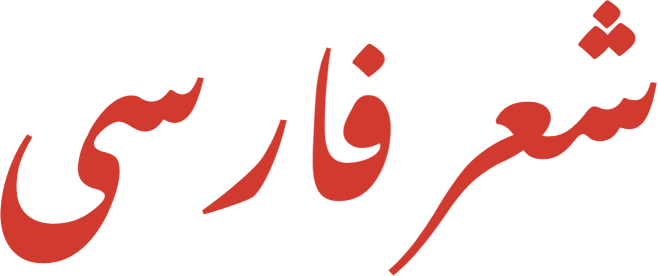
Course Introduction
The poetry course teaches you the Persian language through classical and modern Persian poetry.
In the introductory lesson of each poem, Leyla and a guest discuss the poet and the historical context in which the poem was written. They also delve into the symbolism and meaning behind the poem. In subsequent lessons, Leyla covers the specific words and phrases of each poem, and how they can be applied to modern conversational Persian as well.
All the following lessons are appropriate for Persian language learners of all levels- from complete beginner to advanced!
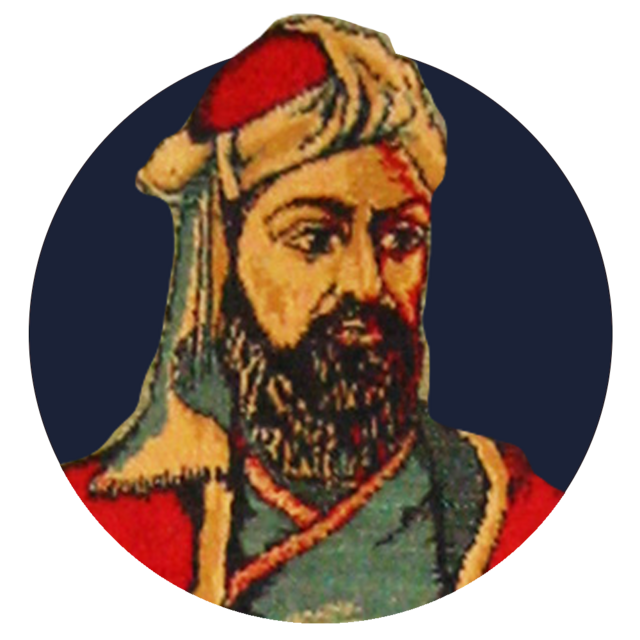
Nezami Ganjavi نظامی گنجوی
Nezami Ganjavi, a towering figure in Persian literature, lived during the 12th century in Ganja, a city now in modern-day Azerbaijan. Born around 1141 and passing in 1209, Nezami is best known for his Khamsa ("Quintet"), a collection of five epic poems that blend romance, philosophy, and moral allegory. A master storyteller and lyrical craftsman, Nezami elevated Persian narrative poetry by weaving intricate plots with rich imagery and profound ethical insight. His most celebrated work, Layli o Majnun, is a tragic romance that has become a cornerstone of Persian literary heritage. Nezami’s fusion of intellect, mysticism, and emotional depth established him as one of the greatest romantic epic poets of the Persian tradition. His influence extends beyond literature, shaping art, music, and storytelling across the Persianate world.
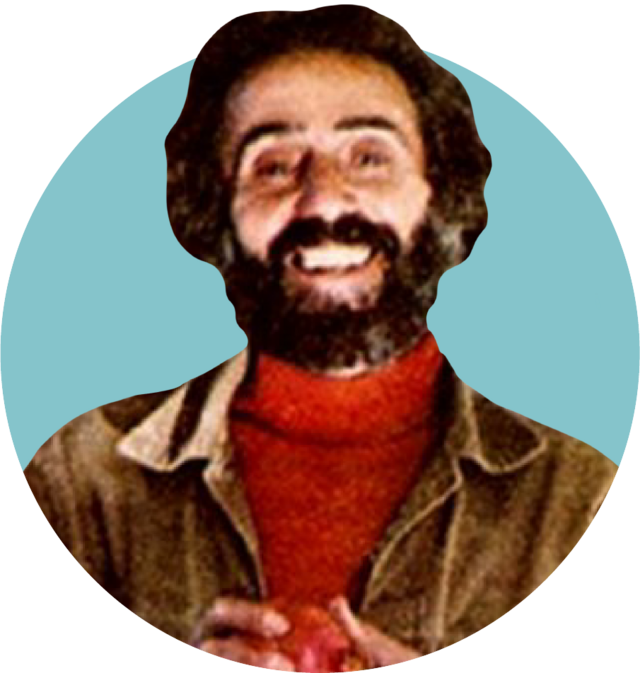
Sohrab Sepehri سهراب سپهری
Sohrab Sepehri is one of Iran’s most revered modern poets. He was born in 1928 in the city of Kashan, which he often refers to in his poetry, and died in Tehran in 1980 from complications from leukemia. In addition to being a master poet, he was a master contemporary artist as well. In both his poetry and art, his favorite subject was nature, and core human values. Like many famous Persian poets, he was well versed in Sufism, the mystical sect of Islam, but he was also extremely knowledgeable in other traditions as well, such as Buddhism, transcendentalism, and mysticism in general. He often weaves mystic philosophies throughout his poetry.
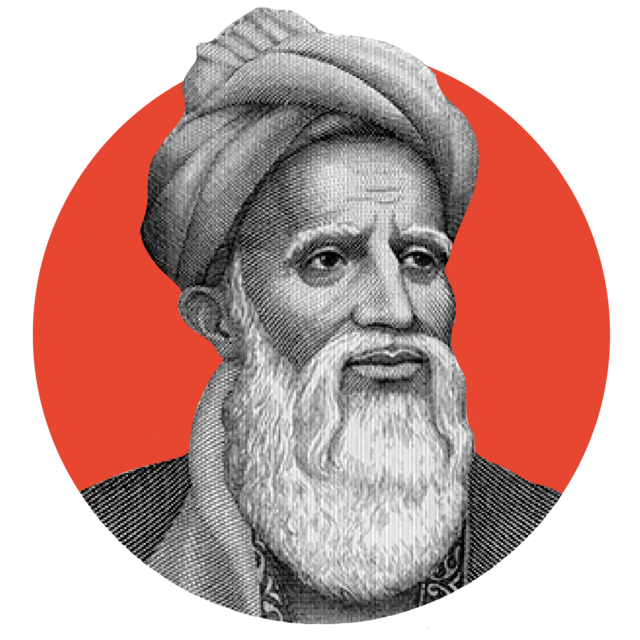
Rudaki رودکی
Rudaki, often hailed as the "Father of Persian Poetry," was born around 858 CE in Panjakent, Tajikistan, and passed away around 941 CE. He played a foundational role in shaping classical Persian poetry during the Samanid dynasty, drawing inspiration from nature, love, and mysticism. His verses, rich in imagery and eloquence, continue to enchant readers, and his influence on Persian literature endures as a hallmark of poetic excellence and cultural significance.
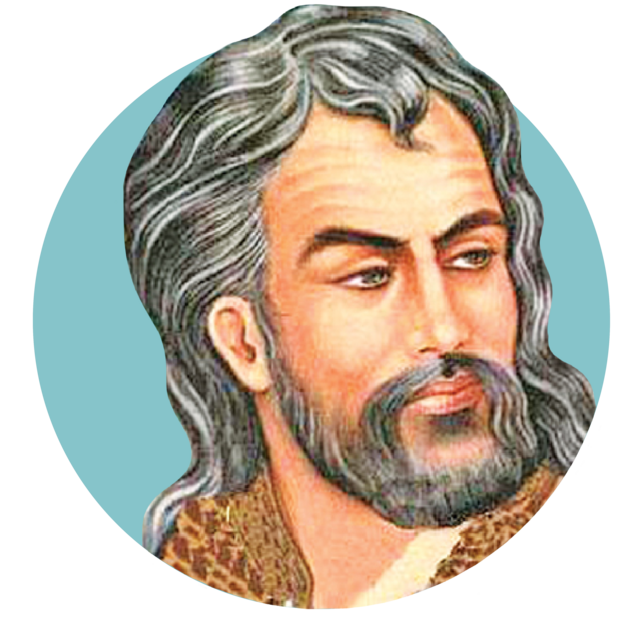
Hafez حافظ
Hafez, celebrated as one of the greatest Persian poets, lived during the 14th century in Shiraz, Iran, where he was born around 1315 and died around 1390. His poetry, renowned for its depth of emotion, spiritual insight, and exquisite beauty, has earned him a revered place in Persian literature. Hafez's works often explore themes of love, mysticism, and the complexities of the human experience, resonating with readers across generations. Deeply influenced by Sufi philosophy and Persian mysticism, his verses are imbued with profound wisdom and a profound understanding of the divine. Hafez's enduring legacy lies in his ability to capture the essence of the human soul and to inspire hearts with his timeless poetry.
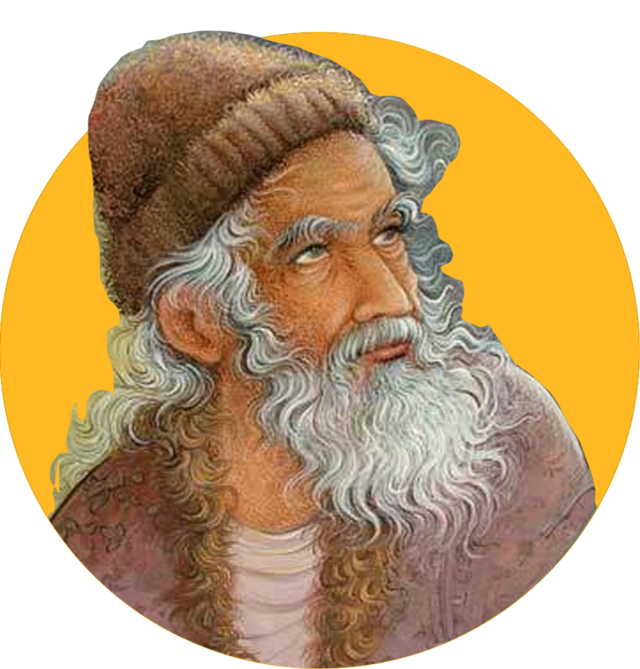
Baba Taher باباطاهر
Baba Taher, an esteemed Persian poet, lived during the early 11th century in Hamadan, Iran. Born around 1000 and thought to have died in the mid-11th century, he is one of the pioneers of Persian literature. Baba Taher's verses, known for their simplicity and lyrical beauty, are composed in a form of Persian dialect called "Fahlaviyat", which adds a unique rustic charm to his works. His poetry often delves into themes of love, existential reflection, and spiritual transcendence, capturing the human spirit in its quest for the divine. Renowned for his eloquent and accessible style, Baba Taher's works continue to resonate with audiences, reflecting a profound understanding of both the earthly and the ethereal. His enduring influence is celebrated in Persian culture, where his poetic legacy continues to inspire admiration and reverence.
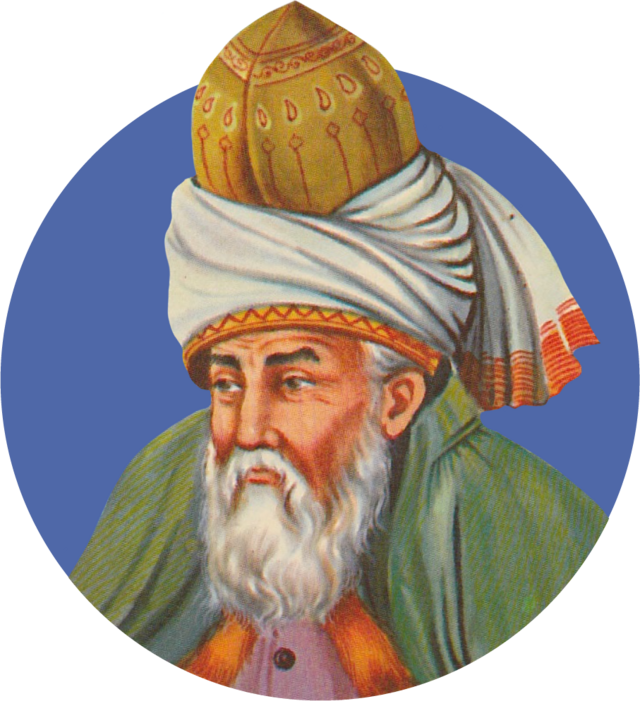
Rumi مولانا
Rumi, better known in Iran as Mowlavi, is one of Iran’s greatest Sufi poets. He wrote poetry in the 13th century, and his poetry continues to be revered in Iran, and in many other countries in the world. In fact, he’s been described as the ‘best selling poet’ in the United States in modern times. The pivotal event of Rumi’s life was meeting Shams, an ascetic dervish in the city of Tabriz. Although their friendship was brief (from 1244 to 1248), Shams became a central figure and concept in Rumi’s poetry, and the subject of his Divan-e Shams, and outpouring of lyric poetry. In addition to Shams, subjects most often explored in Rumi’s poetry are that of the divine, altered states of consciousness (wine), and love.
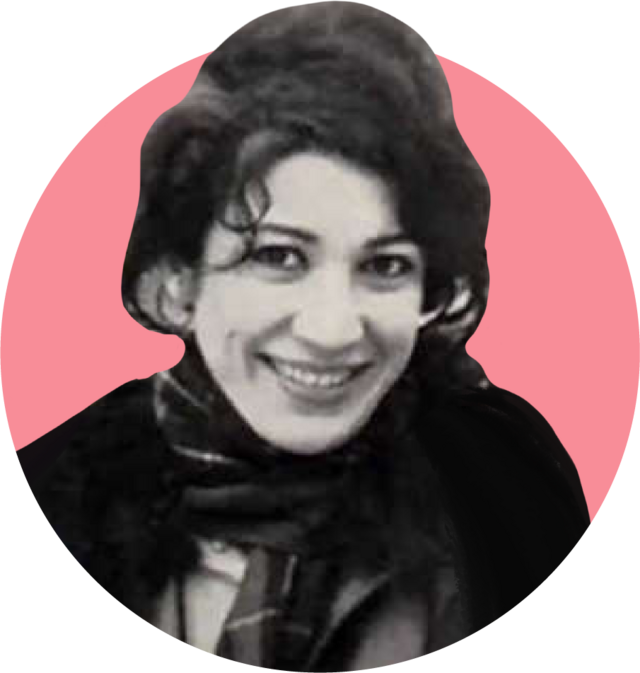
Forough Farokhzad فروغ فرخزاد
Forough Farokhzad (December 29, 1934 – February 13, 1967) was a modern Iranian poet and filmmaker. She remains the most famous woman in Iranian literature to this day. She expressed the joys and frustrations of being a woman in a rapidly modernizing Iran. Although she was married and had a child at a young age, she divorced shortly after to pursue her love of poetry and live an independent lifestyle. Her longest and most substantial relationship was with married filmmaker Ebrahim Golestaneh, a relationship for which she attracted much controversy. She died in a car accident at the age of thirty two.
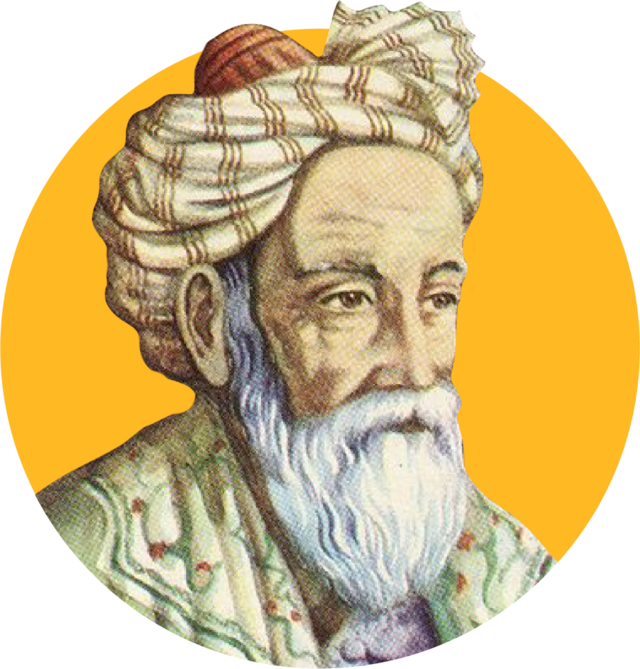
Omar Khayyam عمر خیّام
Omar Khayyam was born in Nishapur, in northeastern Iran in the 11th century. In addition to writing poetry, he made significant contributions to mathematics and astronomy. His poetry is written in quatrain form, and generally centers around the them of carpe diem- urging readers to be in the moment and live life to the fullest.
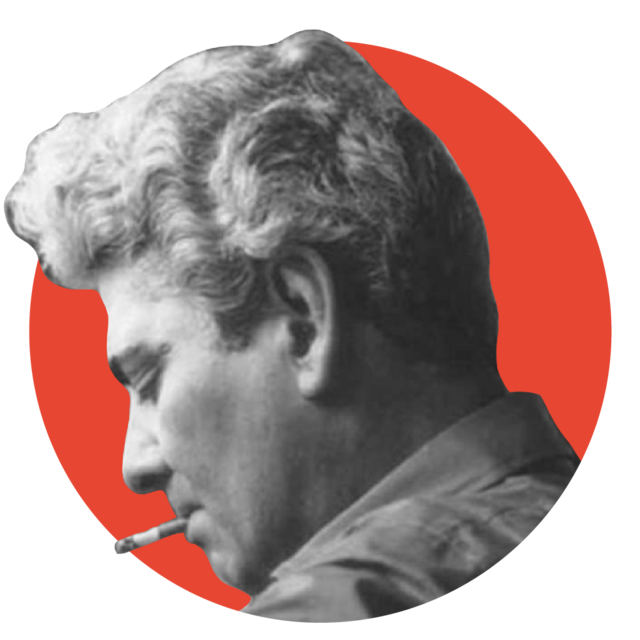
Ahmad Shamlou احمد شاملو
Shamlou was born in 1925 in Rasht, and he died in 2000 after a few years of health problems. He lived through several revolutions in Iran, and he was a journalist for a while. He wrote about politics and was part of the Toudeh party, and was jailed for his writing as well. He also lived through a lot of turmoil in the Islamic Republic, and he stayed in Iran afterwards- he didn't leave, like so many others. For a few years after the Islamic revolution happened, he did go silent. But he emerged after that, and did tours of Europe and he did tours of the US. He was nominated for a Nobel Prize in 1984. He remains one of the most famous contemporary poets from Iran to this day.
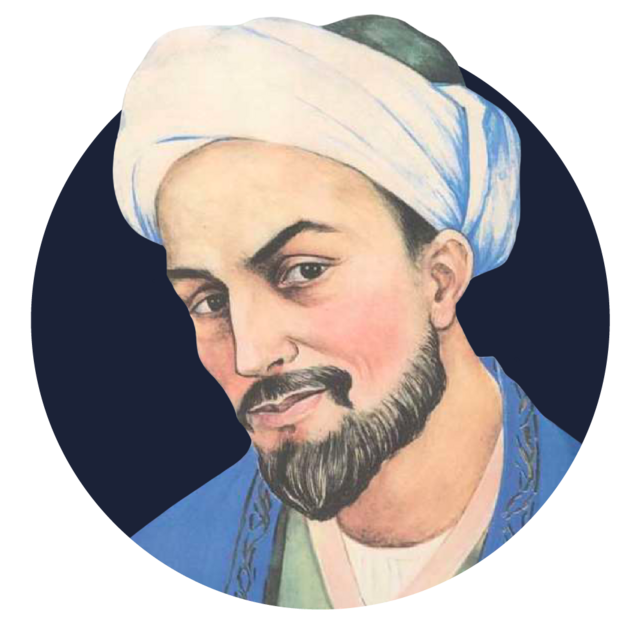
Saadi سعدی
Saadi was a Persian poet and prose writer of the medieval period. He is widely recognized as one of the greatest poets of classical literary tradition, earning him the nickname 'The Master of Speech' or 'The Wordsmith' or simply 'Master' among Persian scholars. He often wrote life advice and instructions for living a meaningful life.
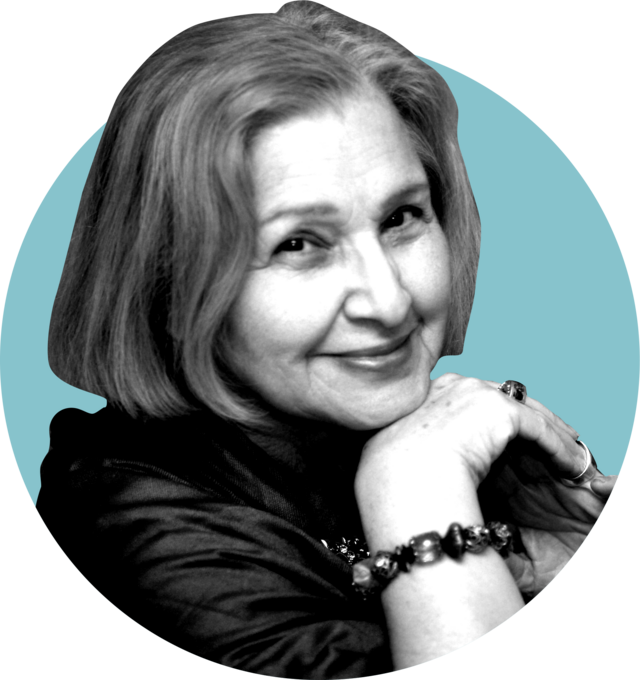
Monir Taha منیر طاها
Dr. Monir Taha is recognized as the first Iranian woman taraneh (song) writer. Her poetry was published from 1953-1996, and her songs were performed in the Golha-ye Rangarang radio programs by Iranian master vocalists such as Banan and Marzieh, and in collaboration with renowned maestro, Ali Tajvidi. She studied Persian language and literature at the University of Tehran, and received her PHD in Italian language and literature from the University of Rome. Dr. Taha taught Italian at the University of Tehran from 1970-1980. In 1982 she immigrated to Canada where she continued to promote and support Persian art, literature and culture. She currently resides in Vancouver and continues her work in poetry and editorial prose.
meegan ké jangé jangé میگن که جنگه جنگه
